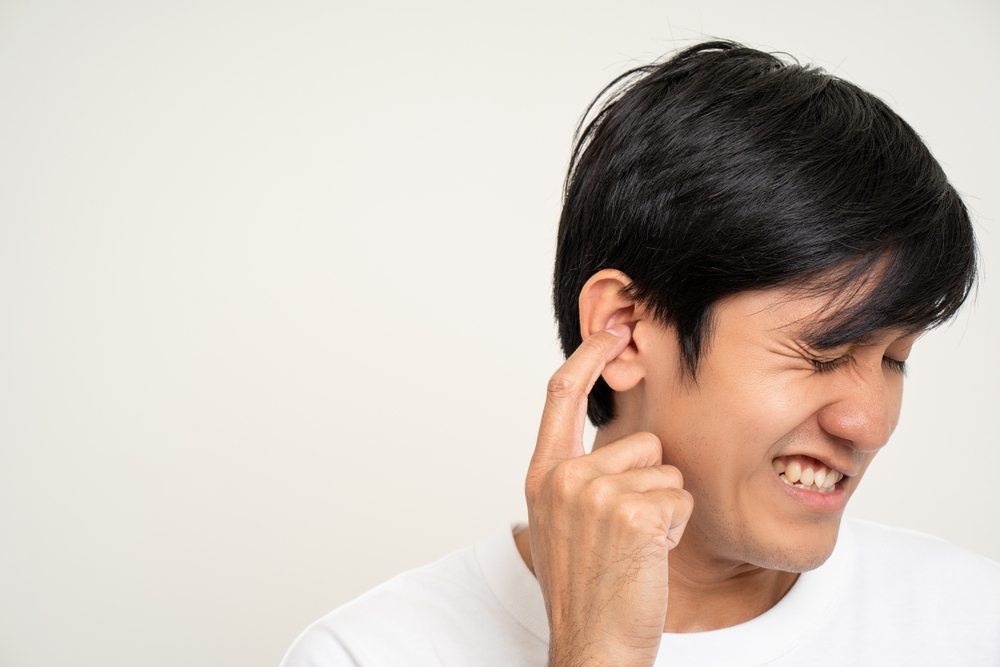Our ears play a vital role in our daily lives. They allow us to hear sounds that alert us to potential dangers, enjoy music, follow conversations with loved ones, and much more. However, just like the rest of our body, our ears are susceptible to changes in weather. While most people associate winter with the cold affecting our skin or joints, it can also have an impact on our hearing health.
The question is: How exactly does cold weather affect our ears? Let’s dive into the surprising ways that low temperatures and harsh winter conditions can influence your ear health and what you can do to protect yourself.
Understanding the anatomy of your ears and their vulnerability
Our ears are made up of delicate structures, including tissues, bones, and membranes. They are strategically placed on the sides of our head, which allows us to capture sounds from the environment effectively. Unfortunately, this prime location also exposes them to various environmental hazards, including cold air, wind, snow, and rain.
Although you may think about the outer ear when considering the risks of frostbite, cold weather can actually affect the middle and inner ear as well. These delicate areas can be vulnerable to temperature extremes, making it essential to understand the full scope of winter’s potential impact on ear health.
The connection between cold weather and surfer’s ear (exostosis)
Exostosis, also known as surfer’s ear, is a condition that can develop due to prolonged exposure to cold, windy conditions. While walking through freshly fallen snow with your friends might be enjoyable, neglecting to protect your ears can put you at risk of developing this condition.
- Cold temperatures and harsh winds force moisture, like rain or snow, into your ear canals.
- Over time, your body responds to the cold by growing bony outgrowths in the ear canal to protect the ear from water entry.
- Unfortunately, these outgrowths can end up trapping water inside, which impacts hearing.
It’s important to note that surfer’s ear doesn’t develop after just one winter season. Repeated exposure to cold, wet conditions over time can lead to the development of exostosis, which is why it’s crucial to protect your ears with scarves, earmuffs, or other warm coverings.
Ear infections: how cold weather increases your risk
In addition to conditions like exostosis, cold weather can also increase your risk of developing ear infections. Cold air can lower your core body temperature, narrowing blood vessels and affecting circulation. This process, known as vasoconstriction, can weaken your immune system’s ability to fend off infections, including those that affect the ears.
Here’s how cold weather impacts your health:
- Breathing in cold air causes your core body temperature to drop.
- This leads to narrowing of the blood vessels (vasoconstriction).
- A constricted circulatory system reduces the effectiveness of your immune system.
- This makes you more susceptible to respiratory and ear infections.
To protect yourself, make sure to wear appropriate clothing to maintain your core body temperature and keep your immune system functioning properly.
Protecting hearing aids from cold weather damage
For those who rely on hearing aids, winter weather can present additional challenges. Prolonged exposure to cold air can cause condensation to build up inside the device, potentially damaging sensitive internal components. To prevent this, it’s a good idea to cover your ears when outdoors in cold weather and to use a hearing aid dryer to eliminate moisture buildup.
Additionally, cold temperatures can interfere with the performance of hearing aid batteries. Hearing aid batteries generate power by creating an electron flow between the battery’s terminals. In cold temperatures, this electron flow slows down, which can cause the battery to lose power more quickly. As a result, your hearing aid may not work as efficiently or may even stop functioning altogether.
To prevent these issues, follow these tips:
- Always cover your ears when outdoors in cold weather to protect your hearing aids.
- Use a hearing aid dryer to reduce moisture buildup.
- Carry extra batteries in cold weather to prevent the battery from draining too quickly.
Cold weather health risks and precautionary measures
In conclusion, cold weather can have unexpected consequences on both your health and your hearing. The combination of freezing temperatures, wind, and snow can lead to conditions like surfer’s ear, ear infections, and even hearing aid damage. Taking the necessary precautions to protect your ears and hearing aids this winter can help prevent these risks.
As a general rule, ensure that you bundle up before heading outside, wearing scarves, hats, and earmuffs to shield your ears from the elements. If you have hearing aids, remember to keep them dry and always carry extra batteries. These simple steps can go a long way in safeguarding your ear health during the colder months.
If you have concerns about how the weather may be affecting your hearing or ear health, don’t hesitate to reach out to a hearing specialist in your area.



